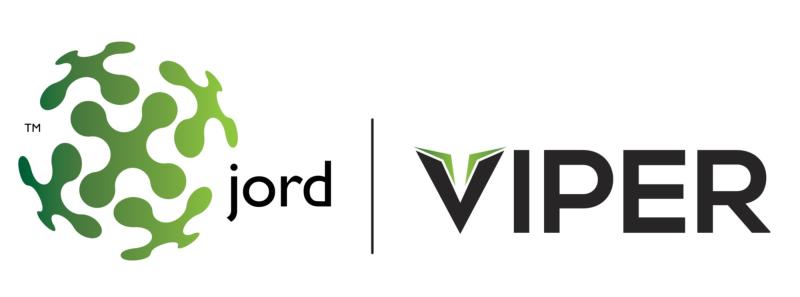In 2026, MISG will be at the University of Western Australia. For details about how to get involved please find MISG 2026 in the menu above or click here.
Two weeks until MISG 2024
There is just two weeks until MISG 2024. If you still want to come but missed the deadline, it has been extended until Monday 29th January.
Projects accumulating
Check out the projects that are accumulating for our MISG2024 event at Monash University.
MISG accommodation support for student participants based outside of Victoria.
I am pleased to announce that MISG will be able to assist in funding a limited number of students from outside Victoria (interstate or international) to attend MISG 2024. For successful applicants, we will fund their accommodation expenses for the duration of MISG at a venue close to Clayton Campus where MISG will be held.
Eligibility:
– Must be a postgraduate student in applied or industrial mathematics.
– Must be based externally to Victoria (it is assumed that Victorians already have accommodation).
– Must otherwise have the means to travel to Victoria for MISG (the funds only cover your accommodation and MISG will feed all participants)
– Must be available and present for the whole duration of MISG.
If you are interested in applying for these limited spots, please fill out this form as soon as possible using this hyperlink link. Once the positions are filled, the offer will be closed.
MISG 2024
We are currently making preparations for MISG 2024 hosted by Monash University. If you would like to be placed on the mailing list to receive information about the program and industry problems, please fill out our mailing list form. For personalised enquiries, you can contact Dr Mark Flegg (coordinator). If you would also like register for the 2024 event as an academic participant you can do that now also.
MISG 2024 webpage
Put yourself on the mailing list
Contact MISG Director
Register for MISG 2024
MISG 2023 Monash University starting next week
We are excited about the start of MISG next week at Monash University. We have four very interesting industry projects which cover a broad spectrum of applied mathematics. Information about this years MISG can be found at the webpage on this site specifically for MISG 2023. Here you will find locations and times as well as information about participating companies. That webpage can be found here.
https://mathsinindustry.com/about/misg-2023/

MISG 2023-2025
The Mathematics in Industry Study Group (MISG) will be hosted by Monash University from 2023 until 2025. We look forward to inviting you to visit Melbourne and working on exciting industrial mathematics problems. In 2023, the MISG will take place from the 30th January until 3rd February.
We are currently seeking industrial projects. If you are from industry and would like to have mathematical researchers and students focus on a project directly applicable to your business, or you have questions about this event, please contact MISG Director Dr Mark Flegg.
MISG2022 Booklet
The MISG workshop will be from Monday 14th to Friday 18th February 2022, in NuSpace, the University of Newcastle’s City Campus. The programme for the MISG 2022 is now available. Click on the link below to download the PDF.
MISG2022 Booklet
The booklet contains general information about the workshop, including schedule and detail about the project.
Zoom link will be sent via email to all registered participants soon.
MISG 2022
The 2022 Mathematics in Industry Study Group (MISG) Workshop will be held at the University of Newcastle from 14th to 18th February, 2022. Given the current uncertainty around COVID-19, we are planning to run the workshop in a hybrid mode similar to the MISG 2021.
Project 1: Tools to Measure the Carbon Content of Soil

Project 2: Role of Vibration in Solid-Liquid Separation using a Vacuum Belt Filter

MISG 2021 Booklet
The MISG workshop will be from Wednesday 27th to Saturday 30th January 2021, in NuSpace, the University of Newcastle’s City Campus. The programme for the MISG 2021 is now available. Click on the link below to download the PDF.
The booklet contains general information about the workshop, including schedule and detail about the project.
Zoom link will be sent via email to all registered participants soon.
